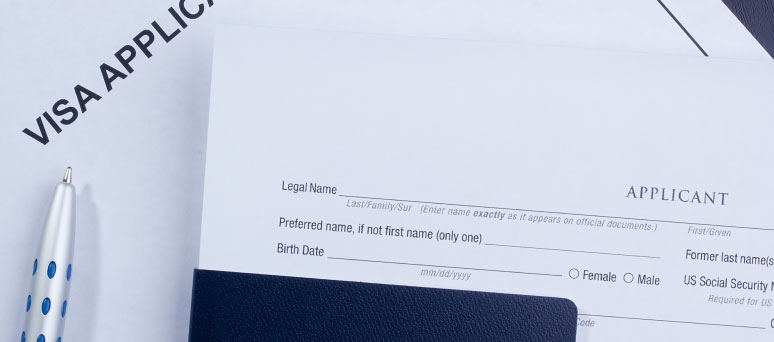Introduction
In a world where safety and security are paramount, the U visa stands as a beacon of hope for victims of certain crimes who find themselves in the United States. Designed to protect and assist individuals who have suffered from qualifying crimes and have cooperated with law enforcement, the U visa offers a pathway to legal status and access to vital resources. In this blog post, we delve into the intricacies of the U visa process, shedding light on its significance, requirements, and steps involved.
Understanding the U Visa
The U visa is a nonimmigrant visa category set aside for victims of qualifying crimes, including but not limited to domestic violence, sexual assault, human trafficking, and other forms of violence. It was created to encourage victims to come forward and cooperate with law enforcement without fear of immigration consequences, thereby enhancing public safety and aiding in the prosecution of criminals.
Eligibility Requirements
To qualify for a U visa, individuals must meet certain criteria, including:
- Victim of a Qualifying Crime: The applicant must have been the victim of a qualifying crime, which must have occurred in the United States or violated U.S. laws.
- Substantial Physical or Mental Abuse: The victim must have suffered substantial physical or mental abuse as a result of the crime.
- Cooperation with Law Enforcement: The applicant must have cooperated with law enforcement in the investigation or prosecution of the crime. This cooperation may involve providing information, assistance, or testimony.
- Admissibility: The applicant must be admissible to the United States or eligible for a waiver of any grounds of inadmissibility.
The Application Process
The process of obtaining a U visa involves several key steps:
- Filing Form I-918: The applicant must submit Form I-918, Petition for U Nonimmigrant Status, along with supporting documents to U.S. Citizenship and Immigration Services (USCIS).
- Certification of Victimhood: The applicant must obtain a certification (Form I-918, Supplement B) from a law enforcement agency, prosecutor’s office, or other qualified certifying agency, affirming their cooperation in the investigation or prosecution of the crime.
- Adjudication by USCIS: USCIS will review the petition and supporting documentation to determine eligibility for U nonimmigrant status.
- Wait for Approval: If approved, the applicant may be granted U nonimmigrant status, allowing them to live and work in the United States for up to four years. Additionally, certain family members may be eligible for derivative U visas.
Conclusion
The U visa process offers a lifeline to victims of crime, providing them with protection, legal status, and the opportunity to rebuild their lives in safety and dignity. By understanding the requirements and steps involved in obtaining a U visa, eligible individuals can take proactive steps towards seeking justice and reclaiming their sense of security. As advocates for immigrant rights and victims’ rights, let us continue to support and empower those who have endured unspeakable harm, guiding them towards a brighter and more hopeful future. Contact us today to schedule a consultation to determine if you are eligible for a U visa.

